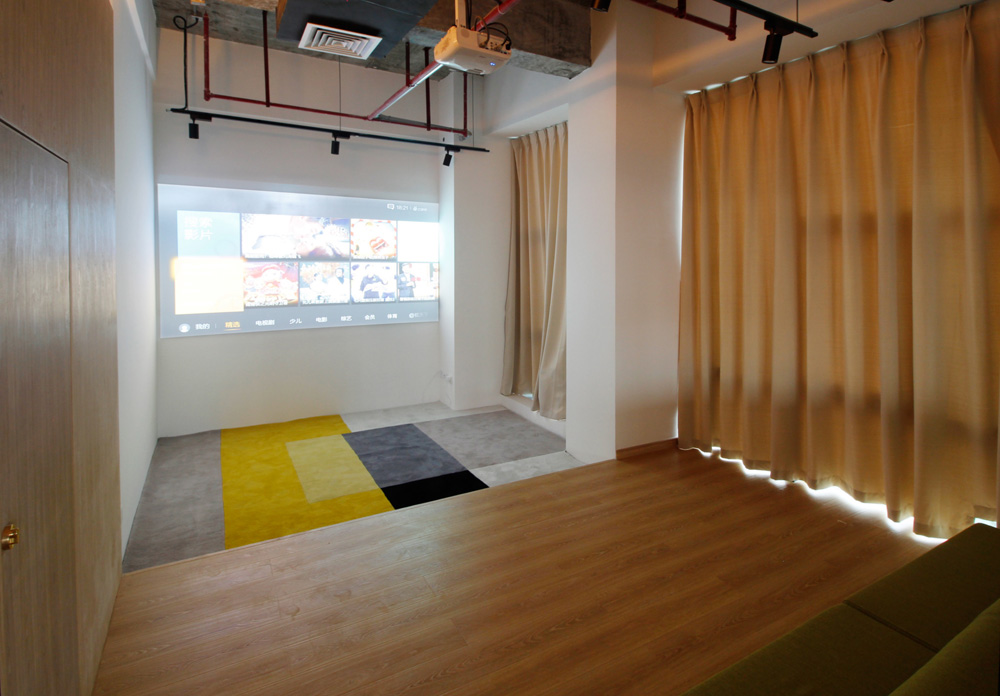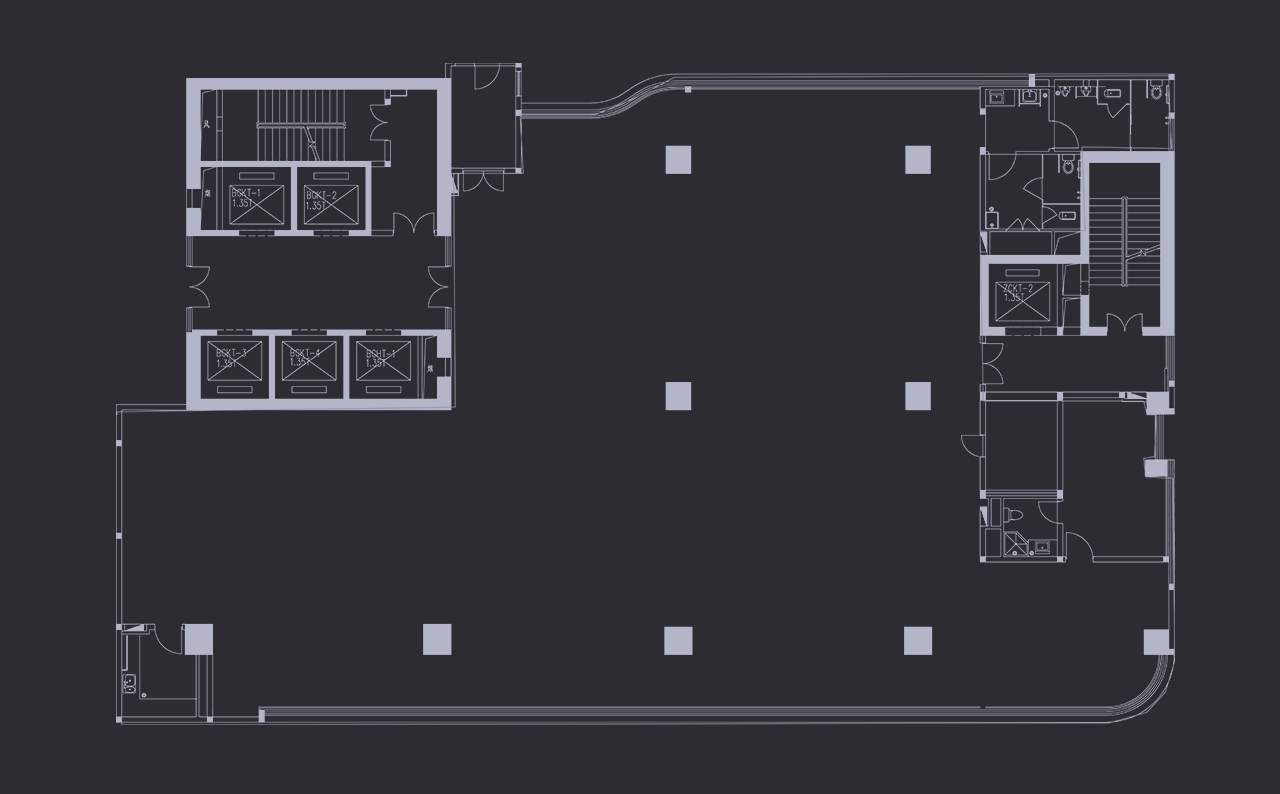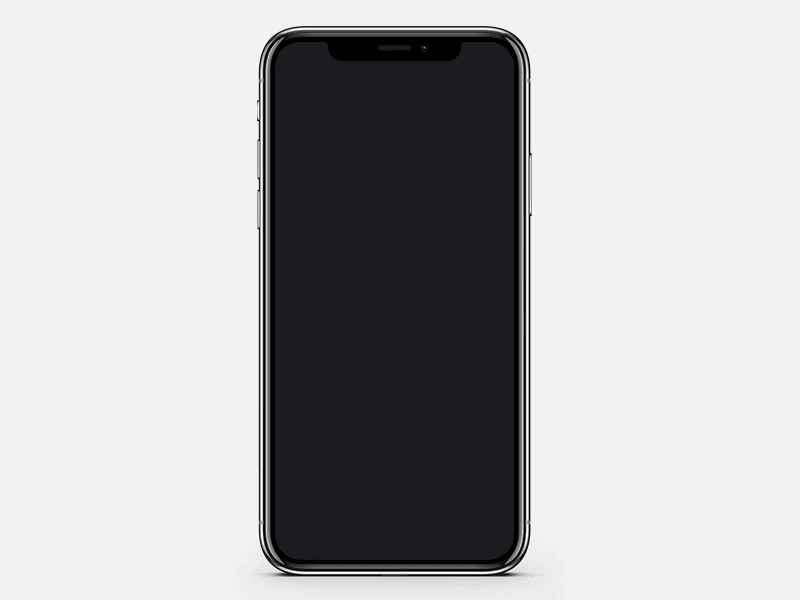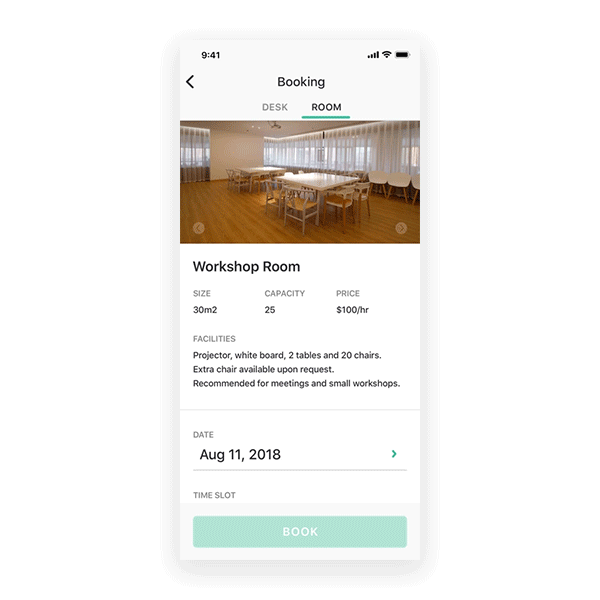Yowo Hub
Yowo Hub is a co-working space situated in China's southeastern city of Xiamen. When it was opened in May 2016 it was the first of its kind locally to introduce an online portal and a membership scheme that caters to varied user needs. I co-founded the space, led the experience design process across online and offline touch points and participated in the physical space design.
(Note: The mobile membership portal was originally designed for the Chinese audience and implemented on YowoHub WeChat public account. I have redesigned the digital portion of the project in English for the audience of this case study.)
Background
A number of factors led to my decision to co-found Yowo Hub.
Our real estate startup projects (incl. Yowo Home Finder) went to a dead end.
The concept of maker space/co-working space gains much popularity among the startup teams.
Our major shareholder came across a venture capitalist who was interested in introducing a co-working space to the city of Xiamen.
There was no chicken-egg problems like our previous projects have in this project.
Government stimulus was in place to support whoever is proving service to startups.
As a startup team ourselves, we knew there is definitely demand for shared offices and we had the confidence to make this one work.
My Role
We believed the VC will provide the financial support, so I will resume my leadning role to design and implement our answer to this opportunity. I lead the process to explore the product market fit, and how we can design and manage the space that brings the most value to its users.
There were also 2 devlopers, 1 UI designer and 2 marketing persons on the team.
The Magic of Sharing
We didn't have much access to real-world examples, so we researched online for the history of coworking and studied the famous WeWork which virtually made the concept popular.
I attended seminars organised by some of the pioneers in China, visited some of the well-received spaces in Beijing, Shanghai and Guangzhou, interviewed their founders or staff and some of the teams in those spaces.
Pictures I took when visiting co-working spaces in Beijing, Shanghai and Guangzhou.
We are excited to discover that some of the best practices are driven not by government incentives, but by the essence of coworking space which is sharing. The sharing of space leads to the sharing of skills and knowledge, and the synergy between different teams and individuals which wasn't possible in a traditional working format.
Objective
I was very exhilarated about what we can possibly bring to the local audiences after the first research. The goal is then very straight forwards, to create a modern and affordable workplace with essential infrastructure, services and community events so that startup teams and individuals with different skill sets can enjoy working in the shared environment, make connections and get inspired by the vibrant community.
The "Yowo" naming worked well in the context, so we adopt the name we loved and call the space "Yowo Hub". Yowo Hub should meet the following criteria:
Well designed interior space that caters to teams of different scale and a variety of community activities;
A membership scheme that provides options for users with different needs;
Seamless online and offline experience for all members to book and use space, pay fees, participate in events and manage their membership.
Understand the Local Market
We carried out research locally to answer the following questions:
Who are the potential target audiences of co-working spaces in Xiamen?
What values co-working spaces can and cannot bring to them?
What are the alternatives users have? What can make them choose Yowo Hub over other options.
We interviewed a variety of potential customers in order to clarify assumptions about their needs and preferences. Unsurprisingly, co-working spaces are most attractive to startup teams. However local teams are a lot more price sensitive compared to those in first-tier cities, they like the idea of co-working mainly for its flexibility i.e. less financial stress than renting a whole office which usually binds with at least an one-year contract. Meanwhile, community features and networking possibilities are more attractive for small sized teams and individual freelancers who can struggle with expanding their businesses.
Because the venture capitalists have much more advantage over us serving tech startups, we decided to focus on the needs of small (non-tech) startup teams and individuals, foster a sense of supportive community.
Location, Location, Location
Another significant task was to find the best property for the space. We would like the space to be:
In the heart of the city where there are many job opportunities and close to public transport.
Reasonable priced both for prospective users to afford and for us to achieve business goals.
We eventually rented a 800m2 space in a 24-storey commercial building in the geographic centre of Xiamen city.
Design the Experience
The Membership Scheme
We designed 3 types of membership based on the characteristics of each type of users, such as their budget, their working pattern and the frequency of their visit:
Interior Design
The physical space is at the core of the whole customer experience. The interior design of the Yowo Hub was the result of collaboration with a local interior design studio. It is the process of realising how our members will use the space and interact in the space, as well as how we would like to organise the space and operate the business.
The space was eventually arranged into two main areas:
A working area with security access that provides a number of workspace layouts designed for Planet and Star members from one person to teams up to 12 people;
An open area designed to encourage member engagement. It features hot-desking setup and a combination of facilities such as kitchen, lounge, printing area, lockers and etc. This open area can also be rearranged into a mini theatre to cater a variety of events. It can hold up to 80 people.









End to End Experience Design
Most other spaces don't bother the online experience at all, yet Yowo Hub's online presence plays an important role that distinguishes it from others.
There are two main reasons:
Yowo Hub is a people business not just a real estate business, and there are no more effective ways than utilising digital channels to build relationship with our members and between the members.
A well designed online tool will help streamline our service processes like booking, membership management and better support our marketing campaigns.
We took the mobile-first approach to the online experience design because mobile phone usage is far more dominant in China than destop computers. We were also planning to implement a MVP at this stage, so we resisted the temptation to overthink features and pushed ourselves to define what's most important to users by the time the space is opened to them:
Be informed: general info, project updates, events and promotions.
Register and Membership
Booking
Payment
We realised that managing a physical space in conjuction with an online tool adds another layer of complexity to the experience design. Members can engage the service through multiple touch points. Both online and offline contexts of completing a task, such as booking, should be examined. In the meantime, we ought to make sure that the solutions we came up with is easy for the staff to implement.
For each task, the team had undergone numerous discussions to determine the final service flow.
A small extract of services flows we drew. We originally did 15 flows that include register, booking, top-up, membership, and admission procedures.
Screen Design
The original mobile tool utilised WeChat public account's publishing capabilities to deliver community info and marketing material to users, while the rest of functionalities exist as web-app pages accessible from the customised menus in that account. I have redesigned the tool as an iOS app for the purpose of this portfolio. The redesign inherited the same strategy as the Wechat account which puts emphasis on community events in order to attract potential members to the space and help existing members engage with one another. The booking entry is placed dominantly on the home screen while all the other functions are put in the dashboard which is a click away from the avatar image on the top right corner. Below shows the screen designs for booking and top-up process.
I first drew rough wireframes on paper before increasing the fidelity in Axure RP, the low fidelity prototype was exported and shared with the team to discuss. The design was then iterated a couple of times until it reaches the best usability we believed. The style guide was developed and handed to our junior UI designer with the low-fidelity screens to develop the final screens in the highest fidelity. The screens that appear in this portfolio are designed by myself in Sketch.
We also launched a single page website to help potential members get to know about us. This site works responsively with different screen sizes.
The Rights and Wrongs
Since its opening in April 2016, Yowo Hub quickly gained a lot of attention and popularity, especially among the local art and design communities. The mini theatre with staircases made it the perfect venue for small seminars, workshops and even mini press conferences. We co-hosted 9 events in 2 months, had hundreds of visitors come to the space.
Members love the space too. We managed to fill 40% of the private workstations during the first 2 months. There are startup teams working in sport lottery, AR education product, pet food, mobile payment, and freelancers specialised in exhibition design, video editing, business consulting etc. They love the space design, the vibe, and the flexibility of our membership options.
Photos of events which took place at Yowo Hub.
However, there are many things that didn't go as planned.
We struggled to fill considerable amount of workspace, those designed exclusively for individuals in particular. There are just NOT that many of them around.
Very few were interested in Meteor and Planet member options, this results in the open area being unoccupied for most of the time.
Small number of casual members resulted in low usage of the online booking tool. When the occupancy rate is low, casual members can just turn up and take any seats that is available, thus booking became unnecessary.
When starting out a new business, it's totally normal to have all kinds of problems. All we have to do is to listen to the feedbacks, react quickly, fix the problem one by one. Unfortunately, we couldn't keep going for much longer. The VC breached the contract when the construction was still in progress, and we failed to raise more fund after a few months' operations.
What I Have Learnt
In retrospect, putting the dispute with the VC aside, I always think about what I can do differently to make Yowo Hub a much better co-working space for those who needed it.
Stop trying to make everyone happy.
Sure, the co-working market is going to be big. However it is worth noting that this is not an unified market, it is instead a service-oriented business diversified by the facilities and services each space promises to respective target audiences. There is no one size fits all solution.
We were overwhelmed by the types potential users out there, therefore failed to clearly define the primary users to whom we can deliver the most distinctive value with the space and generate sustainable income in return.
If the primary user will be teams, instead of creating personas, talk to the decision makers of those teams, create team profiles, list and prioritise their frustrations when working in traditional office setups. Then find out what we can offer with a co-working space to resolve their pain points.
Craft a razor-sharp solution and avoid the trap of being different.
Stacking features can be obsessive. It's true when designing digital products, and more so when designing a physical space. We deliberately make the space stand out from the rest with the desk variations, the staircase theatre, the kitchen.. neglecting whether and why users want them. The booking and membership management functions in the digital portal are essential to more established spaces, but can be left out at the very beginning of the business.
It's all about being crystal clear about the most significant problem we are solving, distribute our effort accordingly, and know how to measure the success of reaching the objectives. Be open-minded about all options, in this case, the most value that Yowo Hub can offer to its members really lies in the intangibles, the people, the vibe, the support and the opportunities that go beyond the boundaries of the space.








